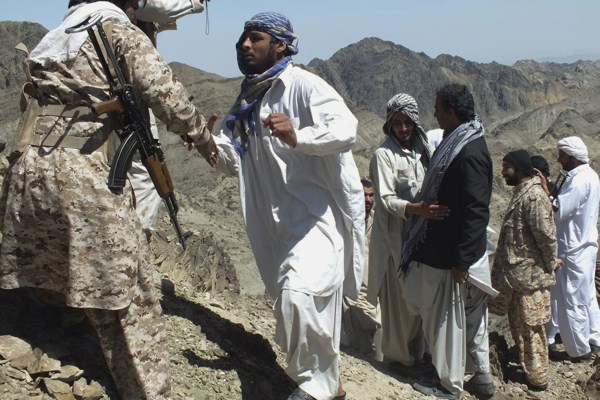Tensions between Iran and Pakistan rose last month after Sunni militant insurgents that Iran claims are based in Pakistan conducted a series of attacks on Iranian government installations and personnel in the restive, impoverished border province of Sistan-Baluchistan. In response, Tehran threatened cross-border raids in Pakistan if Islamabad failed to act against militants targeting Iran, and then followed through, killing one Pakistani paramilitary officer on Oct. 17.
Flare-ups along the Iran-Pakistan border, which spans the ethnic area of Baluchistan, are not new, and when they happen, both Tehran and Islamabad often work quickly to de-escalate. And so Iranian and Pakistani diplomats met last week in Islamabad, where they agreed to “maintain a tranquil Pakistan-Iran border.” But with terrorist attacks against Shiites resurgent in Pakistan as well as the Middle East, particularly in Iraq and Syria, and in light of Islamabad’s recent tilt toward Riyadh, there is some risk that Tehran could step up intelligence and military operations in Pakistan. A more aggressive posture from Tehran may lead to tit-for-tat attacks with broader political and economic implications.
To get Pakistan to back down, Iran could decide to strengthen cooperation with India over Afghanistan, or seek to collect daily $3 million penalties from Pakistan if Islamabad fails to complete its portion of the Iran-Pakistan gas pipeline by December. Pakistan, for its part, could use its militant proxies to target Iranian personnel and assets in both Pakistan and Afghanistan.

